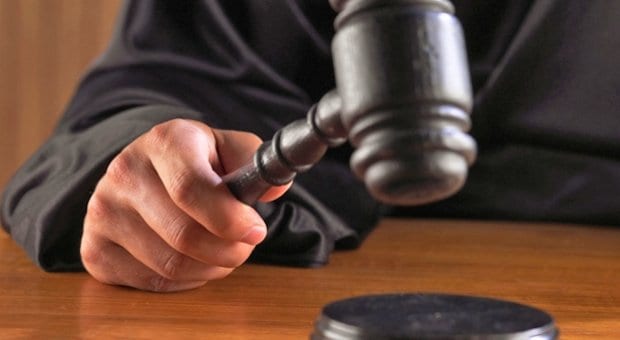If I were to tell you that my human rights had been violated, what would you imagine?
That I’d been rounded up with other gay people, branded, then executed and dumped in a mass grave?
That I’d been evicted from my home? Fired from my job? Thrown off a bus just for being different?
What if I told you my human rights had been violated because a talentless comedian insulted me from the stage and called me nasty names?
Offensive and maybe even traumatic? Sure. Suggesting someone stick a cock in a lesbian’s mouth to shut her up is repugnant. But I hardly think hurt feelings are on par with the denial of access to life, liberty, employment and basic accommodation.
Lorna Pardy disagrees with me.
She told the BC Human Rights Tribunal in 2010 that Guy Earle’s insults stripped her of her power and violated her human rights. The tribunal agreed with her, absolving her of any responsibility in the ugly, protracted exchange and laying the blame squarely on Earle, with a $15,000 penalty.
Astonishingly, the BC Supreme Court upheld the tribunal’s decision on June 19.
Earle discriminated against Pardy, the court ruled, dismissing Earle’s argument that as a performer onstage he is entitled to express himself freely.
Sure he is, the court agreed, but only until he steps on someone’s toes.
If that limits someone like Earle’s expression, it’s a reasonable loss in pursuit of a discrimination-free society, Justice Sigurdson ruled.
Is it? What kind of society would we live in if performances were subject to judicial review at the end of the evening to ensure no one’s feelings had been hurt?
What’s next? Will I get hauled into court because this column offends someone’s sense of worth?
Sigurdson found that Earle’s act was not only abusive, but indistinguishable from the service provided by the restaurant he was performing in and therefore violated the Human Rights Code. If another judge finds that, like a restaurant, a newspaper offers a service customarily available to the public and therefore must welcome everyone equally without making anyone feel unwanted, will it limit what I’m allowed to express in my column?
That may be extreme, but when a judge gets to say which expressions warrant approval and which don’t, I think we all have cause for concern.
“A comic cannot operate under a rule that his expression is limited to that which may offend the most sensitive member of the audience,” Earle told the court.
“Had I used the very same language with a party who suffered no loss of dignity or who didn’t care what a comedian might say in a comedy club, recognizing the source and the circumstances, then there could be no claim,” Earle noted. “Such an uncertain measure should be a source of the greatest concern for all artists, writers, entertainers and comedians who contribute to the cultural life of all Canadians.”
I agree. We should all be concerned about the rulings in this case — and the willingness of some community members to run to the courts for validation whenever their feelings have been hurt.
Is it because our march toward equal rights has been led by the courts that we run back to them now whenever we feel picked upon? Are we no longer capable of discerning denial of service from disagreeable ideas contrary to our own?
We should be reaching for a society in which everyone feels welcome to exchange ideas freely. Not a society where the perspectives of the court’s pets are protected, while those who dare challenge us are silenced and punished. For one thing, this leads to an increasingly stifled society where only a narrow range of views are tolerated. For another thing, we may not be the court’s pets forever.
Robin Perelle is the managing editor of Xtra Vancouver.

 Why you can trust Xtra
Why you can trust Xtra


